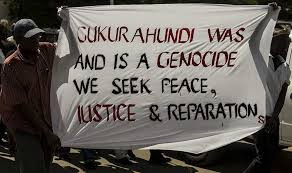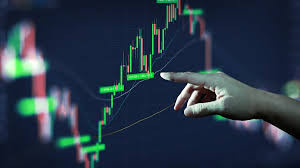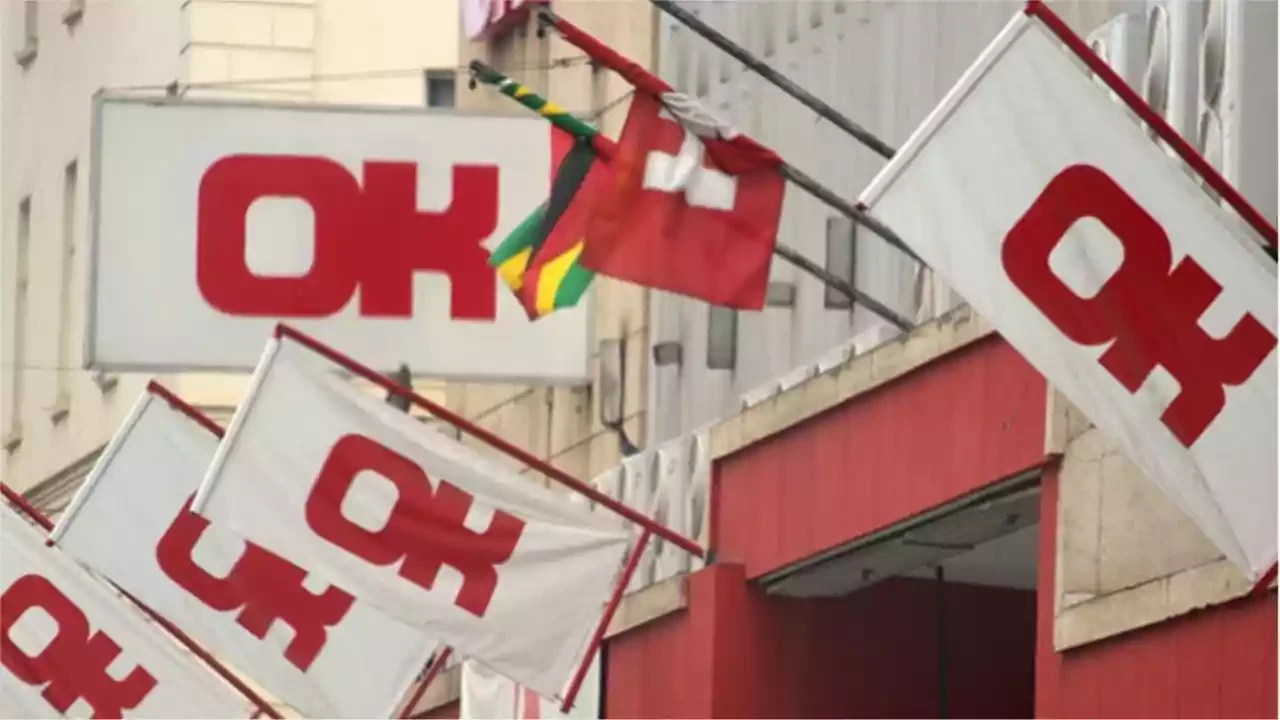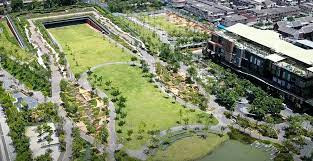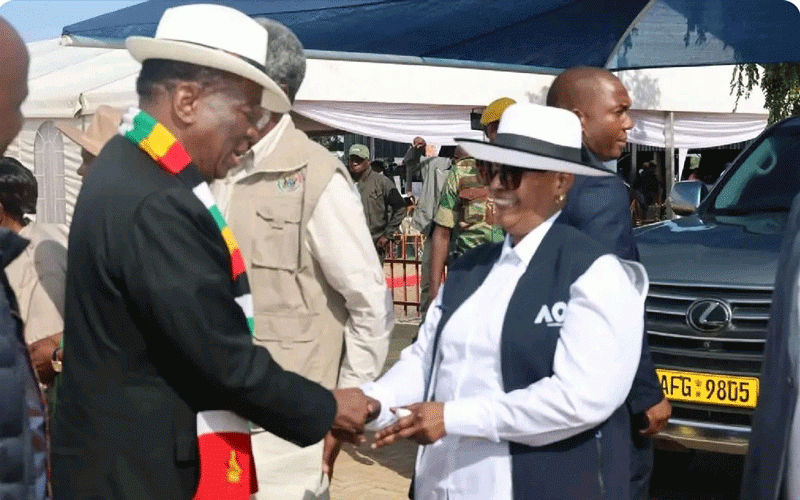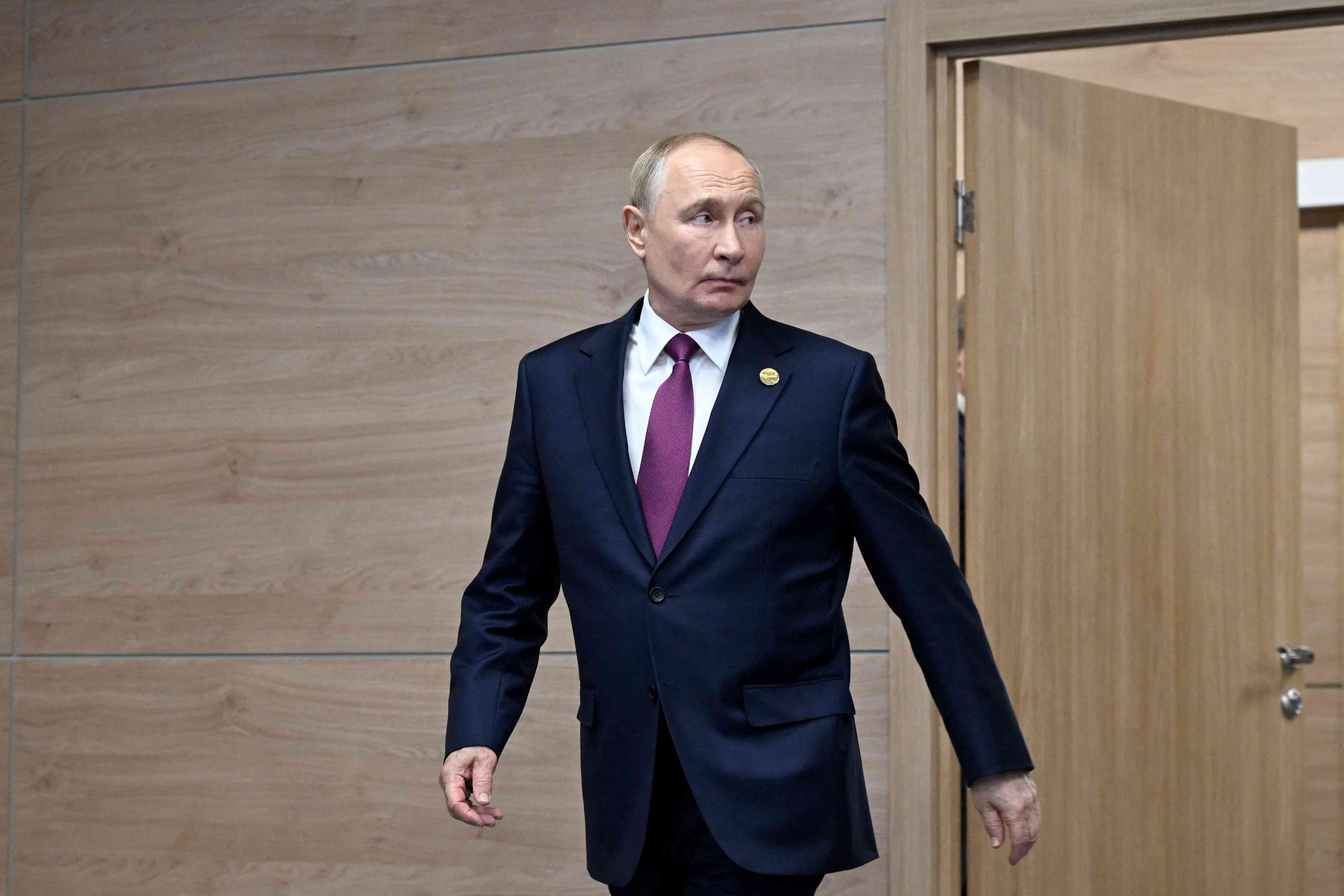
From October 22 to 24 2024, the world’s eyes are trained on Kazan in Russia as it hosts the 16th summit of the recently expanded BRICS group of countries.
By virtue of his chairing of this year’s summit, Russia’s president Vladimir Putin has invited 36 high-ranking world leaders.
Notably, also in attendance is António Guterres, the UN secretary general.
It cannot be doubted that Putin will try to use the heft of those attending the summit to show that Russia is not an isolated player on the global stage, in the wake of his more than two years of warfare with Ukraine.
However, if the BRICS is to be taken seriously, which it deserves to be, the 16th summit should be more than a show of a solidary for a host who has an International Criminal Court (ICC) arrest over his head for allegations of “the war crime of unlawful deportation of population (children) and that of unlawful transfer of population (children) from occupied areas of Ukraine.”
The attending parties have a daunting responsibility of addressing issues such as the war in Ukraine, the conflict in Gaza (which is on the verge of escalating into a major regional war engulfing the entire Middle East), and the continued calls for a more just channel (including currency) for conducting international transactions.
Unsurprisingly, Ukraine and some Western players have taken objection to Guterres’ attendance at the BRICS summit.
The argument seems to be that his presence could be interpreted as a justification of not only Putin’s war in Ukraine but an approval of his general policies, notwithstanding the controversy surrounding him.
- Lukaku becomes the most expensive player ever
- Lukaku becomes the most expensive player ever
- World View: Might Russia use its 'tactical' nukes?
- Ukraine's Zelenskiy warns Europeans to brace for bleak winter
Keep Reading
The United Nations has defended the visit and assured indignant quarters that the secretary general will continue to stress the point that the war in Ukraine is at variance with the United Nations Charter.
The argument of those who support the visit argued that, as UN secretary general, Guterres is a global diplomat whose presence, especially in countries where conflict has flared up, could encourage restraint. In the end this might be the case not only in terms of Russia and Ukraine but another controversial member of BRICS — Iran.
At the beginning of October 2024, Iran launched almost 200 ballistic missiles towards Israel.
While most of them were repelled, several hit their targets, thereby threatening to escalate a war that up to that time had been mostly restricted to Gaza.
In Kazan, Guterres has the platform to not only confront Iran’s leadership, but to lean on BRICS Plus leaders to whom Iran might prove a more pliant listener.
Some of these members, chiefly China, seem to have a modest track record in reining in a ‘recalcitrant’ Iran.
Under China’s auspices, Iran and Saudi Arabia agreed to restore diplomatic relations in 2023 after a breakdown in 2016.
While it was not clear if this ‘breakthrough’ would long endure, it helped to cease the violent expression of hostilities between the two countries.
Regarding the conflict in Gaza, South Africa has been the most vocal of the old BRICS members in calling Israel to end what it (South Africa) calls genocide against the residents of Gaza. As 2023 BRICS Chair, South Africa’s President Cyril Ramaphosa convened an extraordinary joint Meeting of BRICS leaders and leaders of the invited BRICS members on the situation in the Middle East with particular reference to Gaza.
The meeting condemned acts of violence against Palestinian and Israeli civilians.
However, that Israel received most of the blame was patently clear, with China’s president Xi Jinping placing the conflict in historical context, intimating that Palestinians had long been denied the rights to existence, citizenship and return.
Almost a year after that meeting, war persists and threatens to expand to the rest of the Middle East.
BRICS, as argued previously, could be a more effective voice of counsel against Iran’s propensity to attack an increasingly belligerent Israel, and thereby adding fuel to a raging inferno.
A third item that could make the 16th BRICS summit more than a Putin support conclave is a continued discussion about the so-called dedollarisation of the global economy.
BRICS appears to be leading the sentiment in this charge.
However, disentangling global transactions from the dollar is not an easy undertaking and calls for a more rational and cautious raison d’être rather than the tired and practiced fulminations against ‘Western dominance’ of the global economic system.
If as The Guardian’s Patrick Wintour argues, the clamour for a reduction in dollar transactions is to “mitigate the US ability to use the threat of sanctions to seek to impose its political will,” this might hand the summit to the whims of Putin and others of his ilk who intend to galvanise the rest of the world in a quest to evade international censure while committing acts that might render them international war criminals.
The need to create a fairer global trading system should hence be balanced with the urgent and pressing need to safeguard international justice and international peace and security as provided by the United Nations Charter.
In the final analysis, Putin will try to extract as much political capital and economic promise as he can from hosting the 16th BRICS summit.
However, the group has not only expanded in terms of membership but has garnered economic and political potential that will increase the expectations of the developing world. The ongoing summit need not be reduced to a Putin PR device.
BRICS Plus in general has to take on more responsibility on global issues such as putting out the fires that are raging around the world, improving the access of the developing world to developmental finance, and enhancing skills on pertinent issues such as climate change and emerging technologies.
*Emmanuel Matambo is the director at the University of the Johannesburg Centre for China-Africa Studies and is also a research fellow at thePublic Policy and Research Institute of Zimbabwe, ematambo@uj.ac.za
*Ronald Chipaike — Africa-Relations researcher and Lecturer at Bindura University of Science Education, also Research Fellow at Public Policy and Research Institute of Zimbabwe, chipaiker84@gmail.com
*These weekly Perspectives articles published in The Standard newspaper are coordinated by Lovemore Kadenge, an independent consultant, managing consultant of Zawale Consultants (Private) Limited, past president of the Zimbabwe Economics Society (ZES) and past president of the Chartered Governance & past president of the Chartered Governance & Accountancy Institute in Zimbabwe (CGI Zimbabwe). Email – kadenge.zes@gmail.com or mobile number +263 772 382 852

